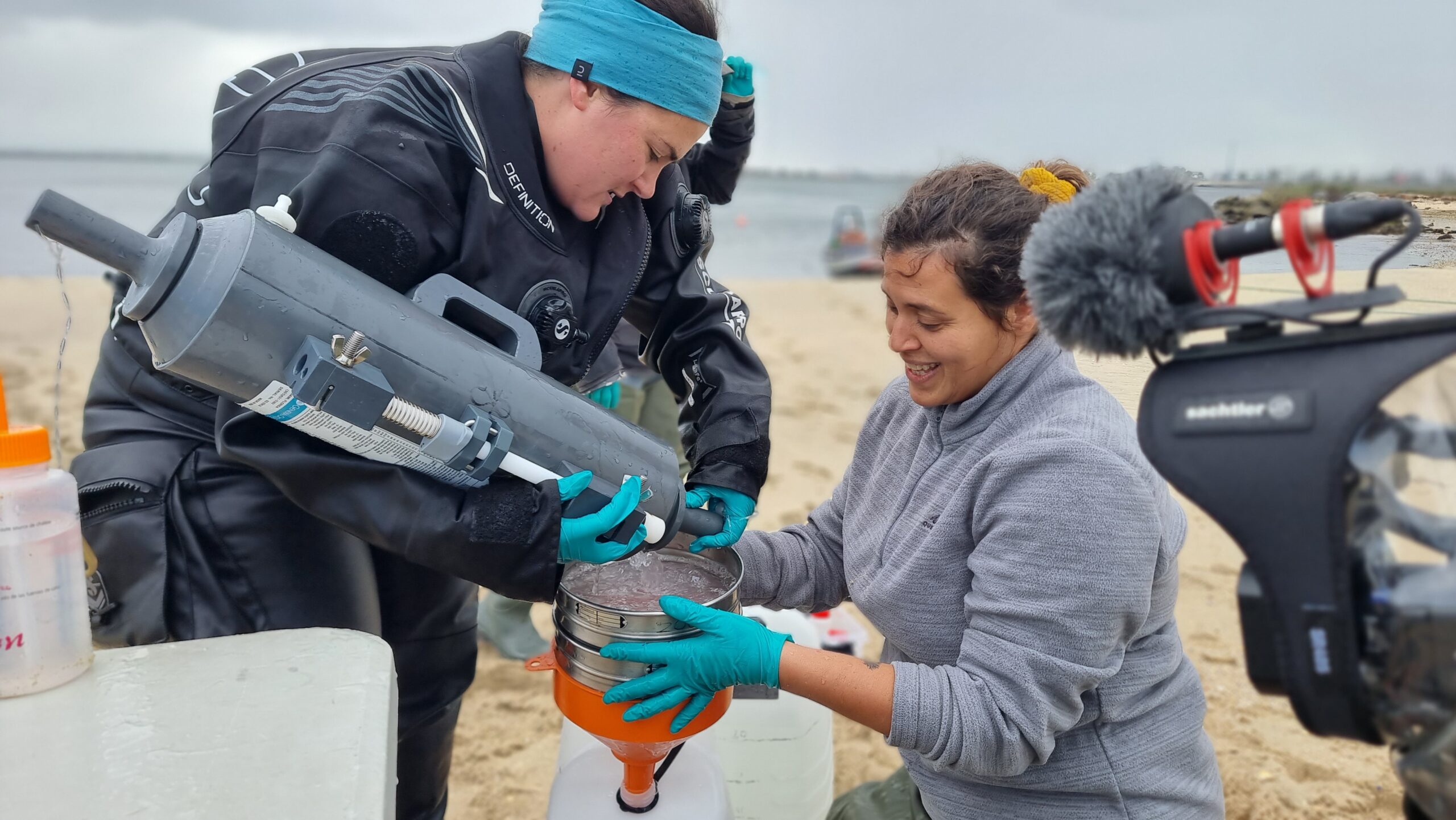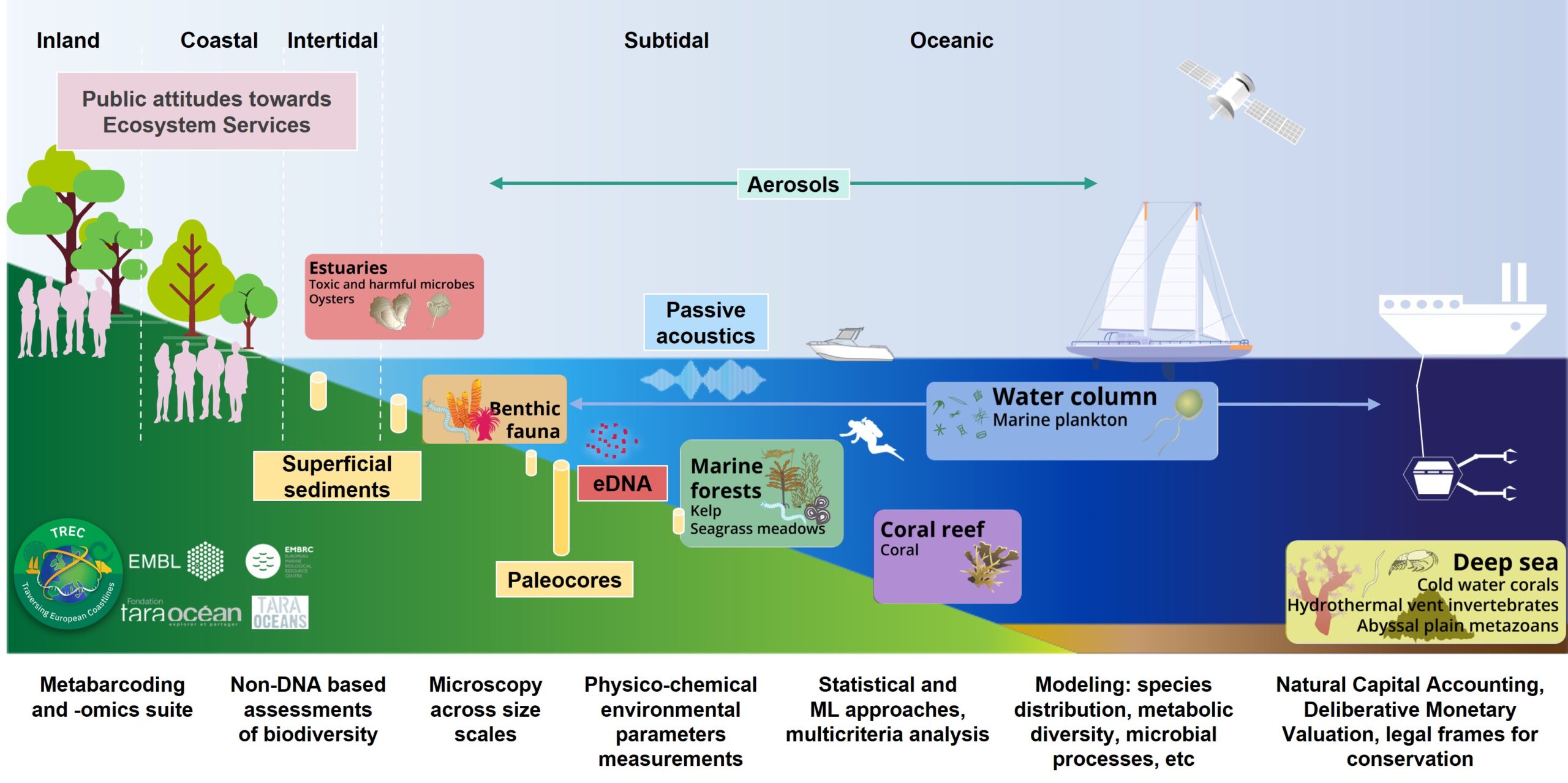Work package 1
Filling the marine biodiversity knowledge gap
Image credit: Karim Iliya / Kogia
A unique set of data and samples
WP1 focuses on the collection of a unique set of data and samples collected across the European coastline, from Finland to Crete.
These samples are collected in collaboration with more than 90 partners, including EMBL’s TREC (TRaversing European Coastlines) expedition, in partnership with the Tara Ocean Foundation and the EMBRC.
Samples and data are collected both on- and off-shore, to study the gradient between land and sea, and cover natural (temperature, pH and salinity) and human-induced (chemical pollutants, pesticides and noise) environmental factors.
We’re interested in both taxonomic and functional diversity: the number and abundance of species in a region, and the processes that are crucial to the ecosystem’s structure and stability.
New samples and data are integrated with historical samples to create a one-of-a-kind collection that will reveal how marine life changes across space, time and the pressures of human impact.


Overall, this WP seeks to:
Unveil
patterns in marine and coastal biodiversity along the European coastline, with a focus on natural gradients and those caused by human activity
Assess
how taxonomic and functional marine biodiversity change over time, with data from time series and sediment cores
Measure and understand
how marine biodiversity underpins important ecosystem services. This includes deploying citizen science kits (‘sea-tizens’) for the long-term measurement of marine biodiversity
Paola Y Bertucci
EMBL Heidelberg, Germany
“Studying ecosystems as intricate and interconnected entities across multiple scales is key; overlooking this complexity results in substantial oversight. Through collaborative efforts spanning institutions, disciplines, and nations, we can adopt a comprehensive, multidisciplinary and cross-borders approach to comprehending biodiversity at planetary-scale.”
Paola Y Bertucci
EMBL, Germany
“Everyone in our team brings their own ‘kingdom’ of different expertise. Combining expertise gives us a scientific sweet spot to gather, build and analyse this unique collection of samples and data, and fill gaps in our understanding of marine biodiversity.”
Fabien Lombard
Sorbonne Université, France



